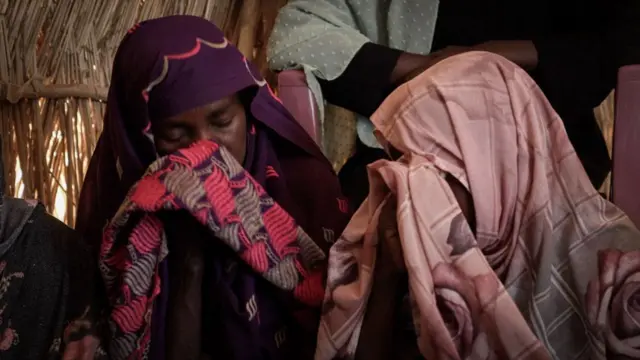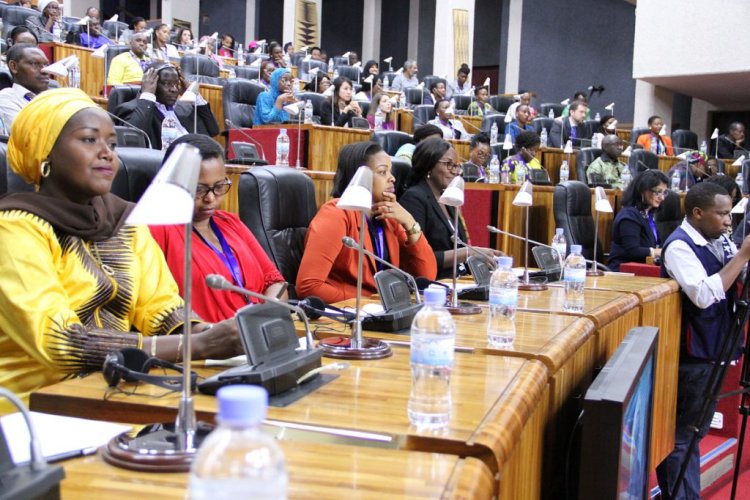Mental health is a critical component of overall well-being, yet it remains one of the most neglected areas of public health worldwide. According to the World Health Organization (WHO), mental disorders such as depression, anxiety, and schizophrenia affect over one billion people globally. Despite this staggering number, significant gaps in mental health services persist, particularly in low- and middle-income countries, where about 75% of people with mental health conditions receive no treatment at all.
Global Situation
Globally, the COVID-19 pandemic has exacerbated the mental health crisis, with increases in anxiety, depression, and stress-related disorders reported across many populations. Lockdowns, social isolation, economic uncertainty, and grief due to the loss of loved ones have all contributed to the deteriorating mental health of millions. In response, some countries have made mental health a higher priority, with new policies, increased funding, and public awareness campaigns. However, these efforts remain insufficient to meet the growing demand for mental health care. According to the WHO’s Mental Health Atlas, only 2% of national health budgets on average are allocated to mental health globally, highlighting the continued underinvestment in this critical area.
Mental Health in Africa
In Africa, mental health issues are often compounded by social stigma, limited resources, and inadequate healthcare infrastructure. An estimated 100 million people in Africa suffer from mental health conditions, yet mental health services are sparse, with many countries having fewer than one mental health professional per 100,000 people. Access to care is often limited to urban centers, leaving rural populations underserved. Traditional beliefs and misconceptions about mental illness further hinder people from seeking help.
Despite these challenges, there are positive developments. Several African countries are beginning to integrate mental health into their broader health strategies. For instance, South Africa, Kenya, and Ghana have made notable progress by developing national mental health policies, increasing funding for mental health services, and launching public awareness campaigns. Organizations like the African Mental Health Research Initiative (AMARI) are also working to build research capacity and improve mental health care across the continent.
Mental Health in Rwanda
In Rwanda, mental health is an area of growing concern and action. The country has made significant strides in addressing mental health issues, partly due to the lasting psychological impact of the 1994 Genocide against the Tutsi. Many Rwandans continue to experience post-traumatic stress disorder (PTSD), depression, and anxiety, which has prompted the government to invest in mental health care.
Rwanda has established mental health services at all levels of its healthcare system, from community health workers to specialized mental health hospitals. The government has also integrated mental health services into its national health insurance scheme, allowing more people to access care. The Rwanda Biomedical Center (RBC) runs programs focused on mental health education, early detection, and treatment of mental disorders, with a particular emphasis on youth and vulnerable populations.
In recent years, Rwanda has also been leveraging technology to improve mental health care. Digital health platforms and mobile health applications are being developed to provide remote counseling and support, especially in underserved areas. Furthermore, mental health awareness campaigns are increasingly being used to reduce stigma and encourage people to seek help.
Challenges and the Way Forward
While progress is being made, challenges remain. In many countries, including Rwanda, there is still a shortage of mental health professionals, limited funding, and inadequate infrastructure. Additionally, the stigma surrounding mental health conditions continues to be a significant barrier to seeking care.
To address these challenges, there is a need for increased investment in mental health care, especially in low- and middle-income countries. Training more mental health professionals, integrating mental health services into primary healthcare, and leveraging technology for remote care are critical steps. Moreover, public education campaigns are essential to change attitudes and reduce stigma around mental health issues.
The state of mental health globally, in Africa, and in Rwanda highlights the urgent need for comprehensive, inclusive, and sustained efforts to address mental health challenges. By prioritizing mental health, increasing funding, and fostering collaboration among governments, organizations, and communities, it is possible to improve mental health outcomes and enhance the overall well-being of people worldwide.
BY UWIMANA Alice






